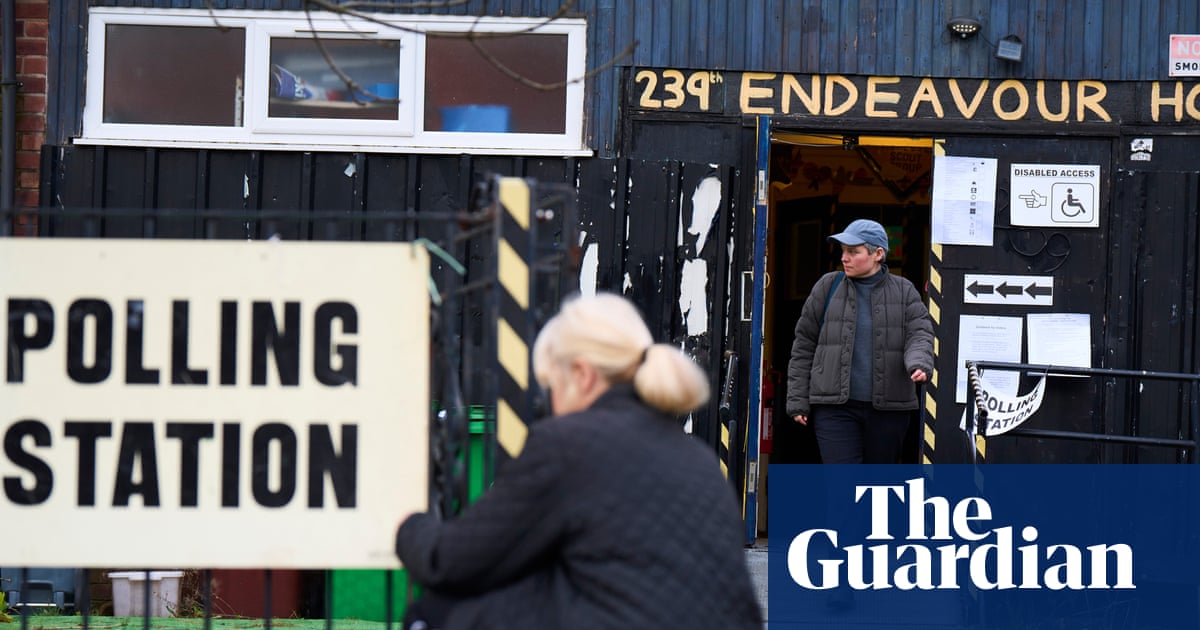There is a theory in British politics, often attributed to Tony Blair, that you need to be careful about throwing a boomerang in opposition, because when you make it to power it could come back and hit you in the face.
As opposition leader, Keir Starmer became adept at landing blows on the Conservatives. Over the Partygate scandal in particular, he called for Boris Johnson to quit over his rule-breaking. “You cannot be a lawmaker and a lawbreaker and it’s time to pack his bags,” he said.
After Durham police launched an investigation into whether he had broken lockdown rules himself over having a beer and curry at a campaign event, he took a huge political gamble and said he would quit if he was found guilty. Luckily for him, he was not.
At the time, and perhaps not entirely helpfully for the Labour leader who voters already thought was a bit uptight, Lisa Nandy described him as “Mr Rules”, leaning into the contrast between Starmer’s apparently high ethical standards and Johnson’s carelessness.
Since taking power, however, the boomerang appears to have swung back towards the prime minister with a vengeance. Maintaining such levels of probity, not just for himself but for his cabinet, was always going to be an impossible task, especially in the flawed world of politics.
But few foresaw that it would be Starmer himself who would be the first to undermine his own position, when his failure to see that accepting free glasses, clothes and Taylor Swift tickets could break what little belief there was that his government would be different.
Since then, the scandals have come thick and fast, although they have varied in degree of severity. Louise Haigh was forced to resign as transport secretary last November after it emerged she had been convicted of fraud over a missing work phone.
Tulip Siddiq quit as a Treasury minister in January after accepting the government was being harmed by the furore over her close ties to her aunt, the ousted prime minister of Bangladesh now accused of corruption.
The departure of Starmer’s deputy, Angela Rayner, in September after she breached the ministerial code over her underpayment of stamp duty on her £800,000 seaside flat was the most serious blow yet.
Yet Starmer has always been clear there would be no special treatment. “People will only believe we’re changing politics when I fire someone on the spot. If a minister – any minister – makes a serious breach of the rules, they will be out. It doesn’t matter who it is, they will be sacked,” he told his biographer Tom Baldwin before the election.
When it emerged late on Wednesday night that Rachel Reeves, second only to the prime minister himself in seniority, could be in hot water it sent a collective shudder round the top of government. If the chancellor were to go, the whole Starmer project could come tumbling down.
Downing Street, having apparently learned from the Rayner row, acted decisively, announcing that the chancellor had admitted to “inadvertently” breaking housing rules by renting out her south London home without the specific £945 licence required by the local council.
Not only that, but the prime minister had already spoken to Reeves, consulted his ethics adviser, Sir Laurie Magnus, and decided that further investigation into the matter was “not necessary”, all within hours of the Daily Mail story breaking.
Early on Thursday morning, government insiders were confident that Reeves, while having made a mistake, had an excuse: she had not been informed by her lettings agency that her home was a designated area which required a licence. She had quickly rectified the error by applying for one.
But Kemi Badenoch, whose Tory researchers are thought to be behind the story, was determined to get a scalp. “This whole thing stinks. The prime minister needs to stop trying to cover this up, order a full investigation and, if Reeves has broken the law, grow a backbone and sack her,” she posted.
Downing Street initially failed to draw a line under the story by refusing to say whether Magnus had seen any evidence to support the claim Reeves had made an “inadvertent” mistake, or if she had contravened the ministerial code or broken the law in breaching Southwark council rules.
Fortunately for Reeves, she had receipts. Her husband dug out emails from the lettings agency they used to rent out their home. Just before they were published, the agent issued a statement saying it had apologised to the couple for an “oversight” that meant they failed to obtain a licence.
The chancellor appears to be in the clear, although there are still questions over why her story changed overnight: from her being unaware that a licence was necessary, to the agency having told them it would apply on their behalf.
Also, the law clearly states it is the owner – rather than the lettings agent – that is legally responsible for applying. It is also unclear how the couple failed to notice almost £1000 had not left their bank account.
While the misdemeanour is relatively minor when compared with numerous ones committed during previous Tory administrations, Reeves’s brush with the standards regime underlines the challenges of Starmer’s position on ethics.
His ambition of restoring broken public faith in the political classes – gradually worn down after years of scandals – may be understandable. But the pitfalls of taking the moral high-ground – as the boomerang comes back round – are clear: people are fallible.

.png) 3 months ago
78
3 months ago
78

















































